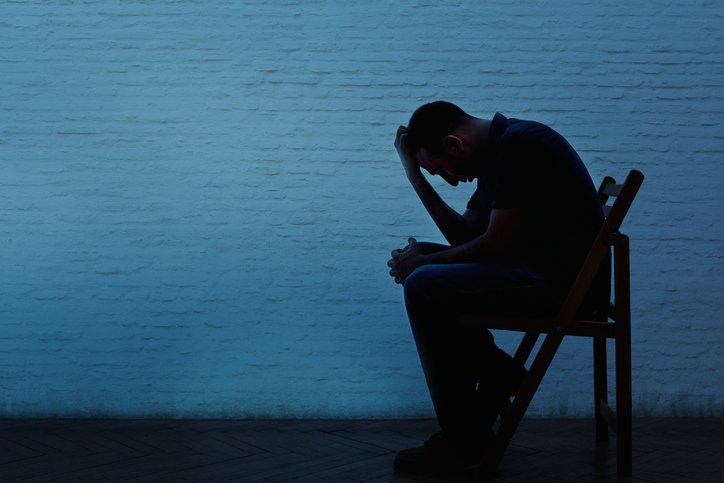College of Psychiatrists of Ireland, Online Winter Conference, 6 November 2020
Dr James McLoughlin from Sherwood House, Galway, presented his findings on individuals’ perceived procedural justice following involuntary psychiatric admission at the CPsychI Winter Conference 2020. He was announced as the trainee oral presentation winner for this presentation. Dr McLoughlin began by stating that procedural justice is a subjective experience. It refers to whether an individual feels they were treated in a manner that is fair and just. This is an important field of study in psychiatry, as it has been demonstrated that an individual’s sense of justice during scenarios such as involuntary psychiatric admission can influence their willingness to engage with services again in the future. Gaining a better understanding of what affects perceived procedural justice may lead to practices that could enhance the procedural justice felt by service users. For this reason, Dr McLoughlin’s study aimed to discover what factors help predict procedural justice, and whether an individual’s concept of justice changes over time, and if so, what factors assist this change.
This study was carried out over a three-year period in Galway, Roscommon, and Ballinasloe, with just under 200 participants. Participants were interviewed approximately nine days into their involuntary admission, and were followed up three months post discharge or revocation of order. This study found a number of variables, which accounted for approximately 20 per cent of perceived procedural justice. Other factors, such as personality and past experiences, could not be accounted for in this model. Dr McLoughlin found that the longer an individual is involuntarily detained, the more injustice they feel about their admission. Dr McLoughlin was also surprised to find that coercive measures such as seclusion, restraint, and forcible injection did not adversely affect an individual’s sense of justice around their admission. Furthermore, access to a solicitor, being given a Guide to Mental Health Act booklet, and being heard by a tribunal had no significant impact on the individual’s sense of procedural justice. Dr McLoughlin found this interesting as emphasis is often put on these costly and time consuming acts.
This study also demonstrated that an individual’s sense of procedural justice significantly improves over time, with males’ perception being more likely to improve than that of females. A modest correlation was recorded between increase in insight, or recognition of one’s mental illness, and an individual’s sense of justice around admission. In fact, insight was found to predict procedural justice during the initial interview on admission and the follow-up interview three months after discharge. For this reason, Dr McLoughlin recommended cognitive behavioural therapy (CBT) for patients, as it is known to improve insight.
However, insight does not always improve perceived procedural justice; a number of individuals gained insight, yet still felt they had been treated unjustly on admission. Dr McLoughlin finished his presentation with a reminder to be mindful of early interactions with patients, as these interactions are formative in an individual’s perceived procedural justice. He advised ensuring patients feel respected and heard to enhance their feeling of justice.













Leave a Reply
You must be logged in to post a comment.